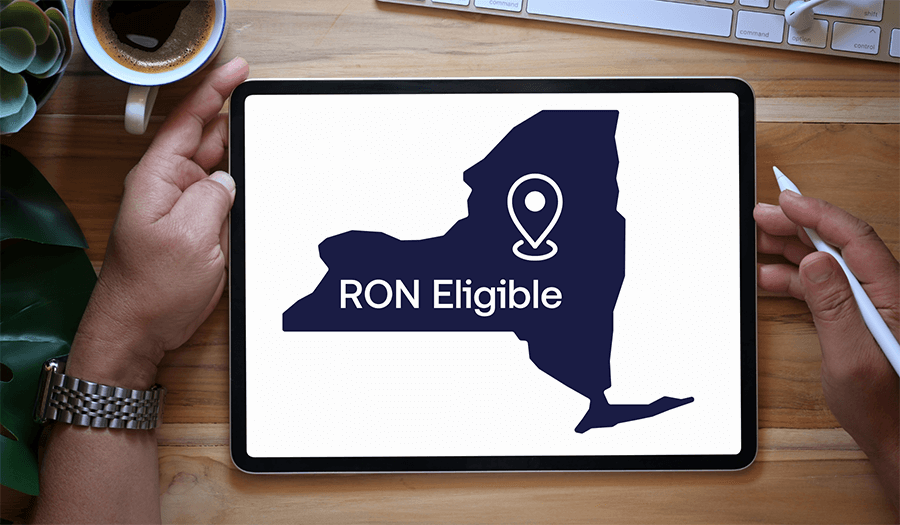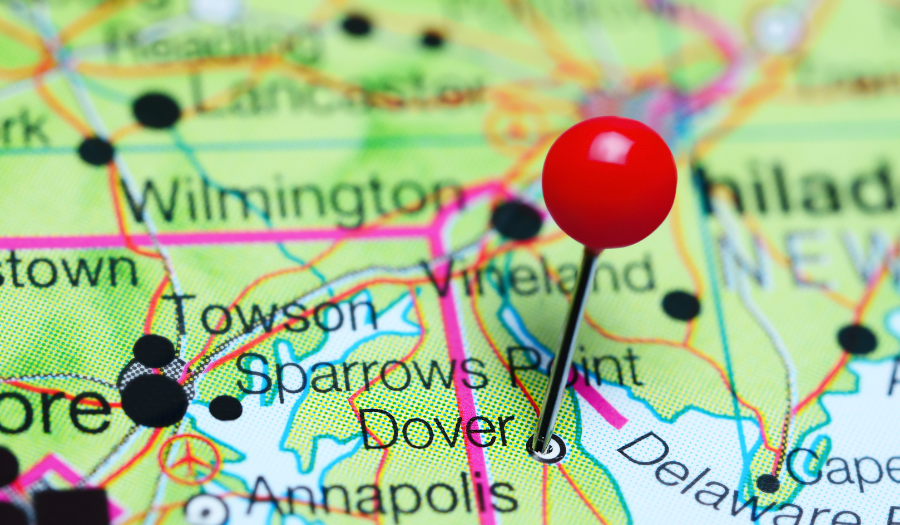It’s another first for Finside Chats this week, actually multiple firsts. Brian Ostrowiak is not only our first guest from Kentucky, but also our first FinTech guest. We've had people from the lending side of the world. We've been introducing the leadership team here at Stavvy and some of our incredible Stavviators. But Brian, Senior VP of Business Development at Closepin, is our first FinTech guest. We are excited to hear his insights from another side of the digital lending industry.
Listen now: What a Concept: A Clean, Always-Current Database of Settlement Agents
There is so much room for improvement
When we asked Brian to describe what Closepin does, we were struck by the glaring inefficiencies the company seeks to eliminate. “We're helping lenders obtain data more quickly, more efficiently, and more accurately from the thousands of settlement agents that are out there. There are probably 15,000 plus, and for lenders, they're constantly being introduced to those new vendors, and they have to get a lot of information from those vendors into their systems,” Brian explained. “Closepin helps to clean, organize, store, and manage that data.”
This process has traditionally been manual, rushed, repetitive, and prone to errors, as lenders hurry to collect and validate all relevant license, insurance, wire, and other agent data in the ever-shrinking window before closing. It’s a never-ending burden for lenders and a nuisance for settlement agents, involving cumbersome document transfers, rekeying of PDF information, and other manual steps. Data security, of course, is always an issue.
Closepin automates the process, allowing settlement agents to maintain their profile in one place and make it available to lenders as soon as they need it. Likewise, lenders can focus on the risk decision regarding the agent, not the collection and formatting of data.
Practice does not make perfect
There may be elements of life where repeating the same process thousands of times makes it foolproof, but as Brian explains, maintaining settlement agent data is not one of them. “If you look at a typical lender’s vendor database, it's a mess. The process we've been talking about is, hey, give us your information, give us your license, just attach all these documents in this package and we'll review it. We'll validate it. We'll re-key it. It's almost like we're treating you as if there's no relationship. We're just going to run the factory over and over again. So if you have missed typos or rekeys in that factory, you get duplicate data errors, you get address information that’s out of date. You get insurance information that’s out of date.”
The result is predictable: bloated databases of agent information—often residing in giant spreadsheets—that must be checked and rechecked. Closepin is replacing that model with a central database maintained by the agents themselves to ensure their information is accurate and immediately available to any lender.
There are 3 levels of digital transformation
Even if the benefits of digitization are abundantly clear, as they are in this case, it doesn’t mean the transition will happen immediately or seamlessly. In prior Finside Chats we’ve discussed how inertia and resistance to change can slow down the process.
Brian added that the transformation typically plays out in stages or levels, with different parties—even in the same organization—focused on different goals. “Level one is digitization of paper documents. We're still going through that process in a lot of different aspects,” he describes. “Level two is where we're trying to get that data out of the document format into an application format so we can build automation, like what we're doing at Closepin.”
The ultimate benefits of digital evolution appear in the third level. “We went from paper to PDF. We went to web applications. Now we've left the structure or context of a paper document and we reinvented the process. And we used APIs to do that,” Brian says. Like it or not, each of these stages takes time.
We love to trade experiences with other players in the FinTech world. We always learn so much. This is especially true with Brian who’s leading one of the other key fronts in the quest for fully digital lending. And, spoiler alert: we’re excited to work together with Closepin in coming months to find ways where we can help each other make the process smoother for everyone in the ecosystem.
See how Stavvy connects and supports title & settlement agents.
“We’re actually finally starting to eliminate some of the things consumers don't want to do, that vendors don't want to do. I don't have to dig up all my bank statements. I don't have to dig up all this stuff and provide it over and over and over again. We're finding better ways to store and manage that data over time and just rethink the process.”
- Brian Ostrowiak




